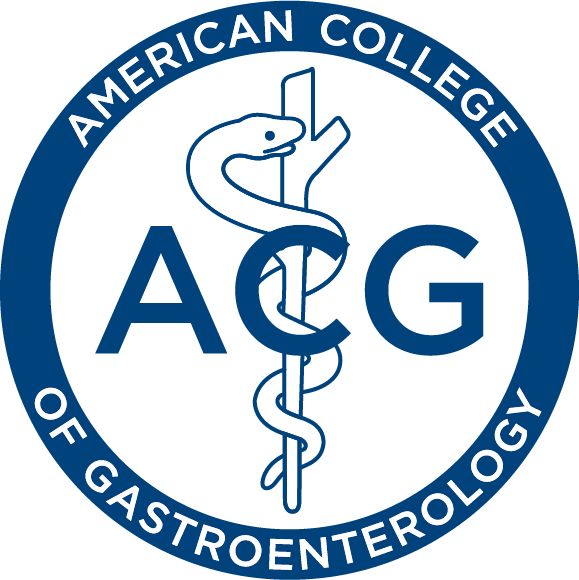Newswise — The August issue of The American Journal of Gastroenterology includes clinical discussions of diet-associated NAFLD risk and increased risk of mortality from COVID-19 among PPI users. In addition, this issue features clinical research and reviews on IBS, gender barriers for CRC screening, hepatitis C, eosinophilic esophagitis, and more.
The three articles highlighted below include a study on red meat and NAFLD, PPIs and COVID-19 mortality risk, and screening for Barrett’s esophagus. Access to any articles from this issue, or past issues, is available upon request. The College is also able to connect members of the press with study authors or outside experts who can comment on the articles.
Red Meat Consumption and Risk of Nonalcoholic Fatty Liver Disease in a Population With Low Meat Consumption: The Golestan Cohort Study
Hashemian, et al.
Study authors found that, even in populations with low consumption rates of red meat, red meat and organ meat consumption is associated with increased risk of developing nonalcoholic fatty liver disease (NAFLD). In addition to calorie restriction and weight loss, dietary composition continues to be a key consideration in preventing NAFLD and may inform future dietary recommendations across global locations with differing dietary patterns
Increased ACE2 Levels and Mortality Risk of Patients With COVID-19 on Proton Pump Inhibitor Therapy
Liu, et al.
This study found significantly higher ACE2 mRNA expression levels in the upper GI tract of PPI users, which may predispose them to SARS-CoV-2 infection. PPI usage at admission was associated with increased in-hospital mortality for patients with COVID-19, particularly among African Americans. Most patients were taking PPI for discretionary indications such as NSAID prophylaxis and GERD symptoms.
Minimally invasive tests have increased the opportunity for evaluation of Barrett’s esophagus testing. This comparative study found that screening individuals aged 50 years old in a GERD-independent manner with minimally invasive non-endoscopic tests is cost-effective, compared with no screening. Screening for BE with newer non-endoscopic tests, even in a GERD-independent strategy, appears to be cost-effective.
About the American College of Gastroenterology
Founded in 1932, the American College of Gastroenterology (ACG) is an organization with an international membership of over 16,000 individuals from 86 countries. The College’s vision is to be the preeminent professional organization that champions the prevention, diagnosis, and treatment of digestive disorders, serving as a beacon to guide the delivery of the highest quality, compassionate, and evidence-based patient care. The mission of the College is to enhance the ability of our members to provide world class care to patients with digestive disorders and advance the profession through excellence and innovation based upon the pillars of Patient Care, Education, Scientific Investigation, Advocacy and Practice Management. www.gi.org
###
MEDIA CONTACT
Register for reporter access to contact detailsCITATIONS
The American Journal of Gastroenterology
